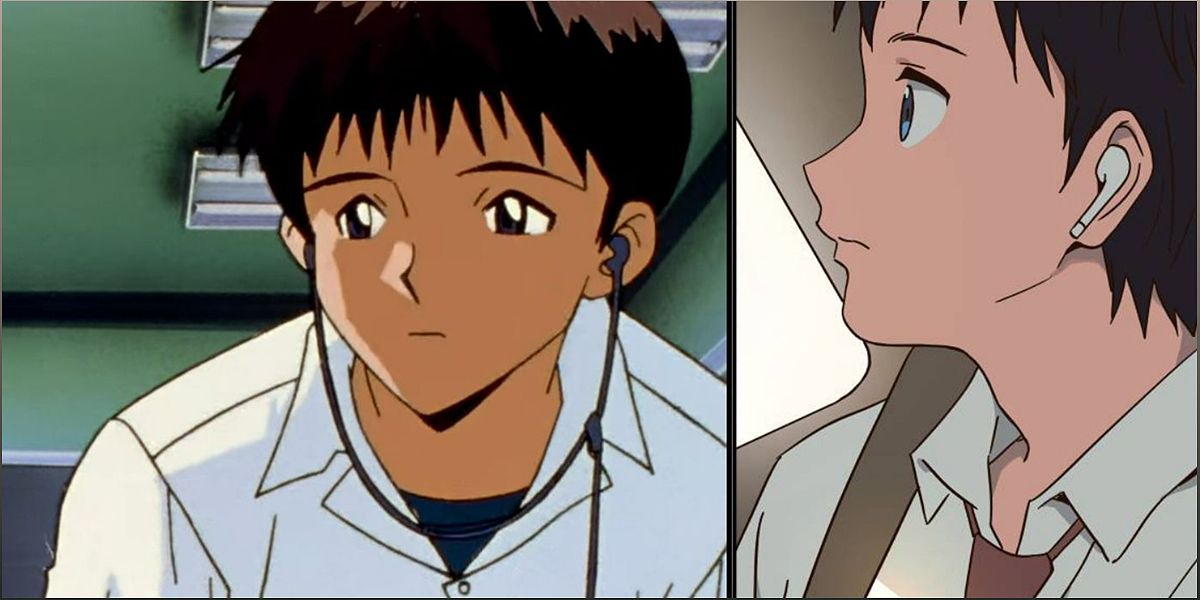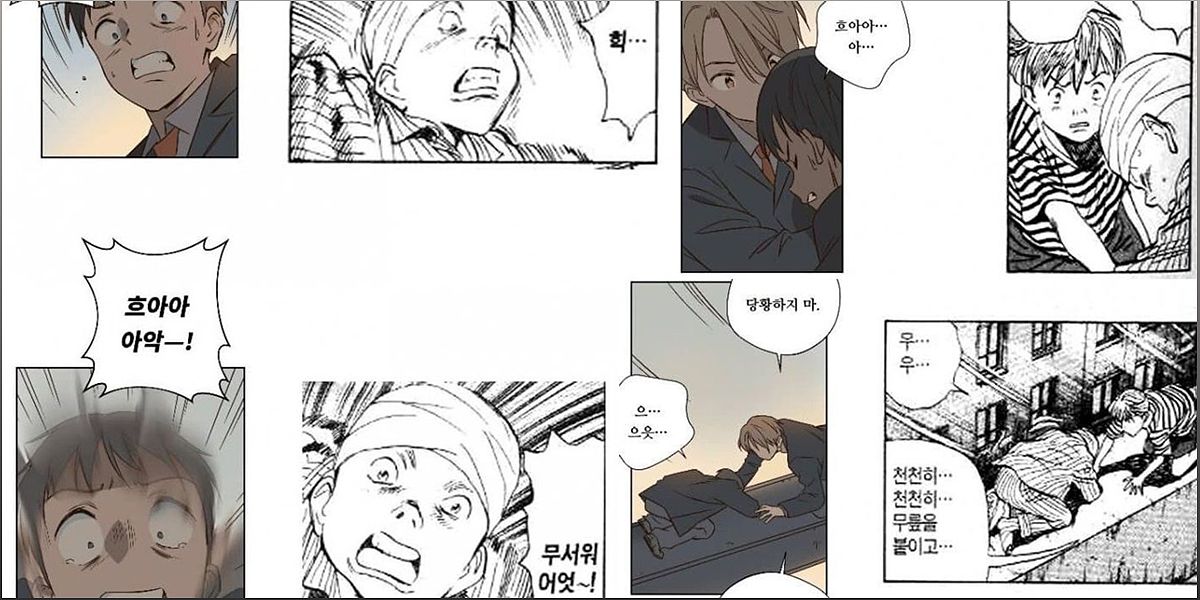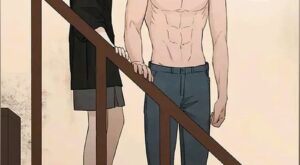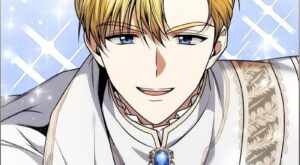Allegations of Plagiarism Surround Korean Manhwa ‘Cat on a Hot Tin Roof’

A Korean manhwa titled ‘Cat on a Hot Tin Roof’ has been discontinued after allegations of plagiarism from various manga sources surfaced online. Fans pointed out similarities between the manhwa and classic manga series such as ‘Neon Genesis Evangelion’ and ‘Monster’. Naver Webtoons acknowledged the issue and took responsibility for allowing plagiarized work.
Allegations of Plagiarism Surround Korean Manhwa ‘Cat on a Hot Tin Roof’
A Korean manhwa titled ‘Cat on a Hot Tin Roof’ has been discontinued after allegations of plagiarism from various manga sources surfaced online. Fans pointed out similarities between the manhwa and classic manga series such as ‘Neon Genesis Evangelion’ and ‘Monster’.

( Credit to: Screenrant )
The accusations were made by fans who noticed similarities in character designs and dynamics between ‘Cat on a Hot Tin Roof’ and other popular manga series. This led to the series being discontinued due to the allegations of plagiarism.

( Credit to: Screenrant )
The publisher of the manhwa, Naver Webtoons, acknowledged the issue and took responsibility for allowing plagiarized work to be published. As a result, they announced the discontinuation of ‘Cat on a Hot Tin Roof’.
The Line Between Inspiration and Plagiarism
The line between inspiration and plagiarism can sometimes be blurry, especially in the world of art and storytelling. It is not uncommon for creators to draw inspiration from existing works, including character designs and story elements.
However, plagiarism occurs when these borrowed elements are not properly attributed or when they become the foundation of the work without adding anything new or unique. In the case of ‘Cat on a Hot Tin Roof’, the allegations of plagiarism arose from the striking similarities between the manhwa and other well-known manga series.
While it is natural for artists to be influenced by the art they enjoy, it is important for them to bring their own unique voice and perspective to their creations. Without this originality, the purpose and value of their work may be called into question.
The Impact of Plagiarism Allegations
When allegations of plagiarism arise, it can have significant consequences for the creators and publishers involved. In the case of ‘Cat on a Hot Tin Roof’, the manhwa was discontinued after the plagiarism allegations came to light.
Naver Webtoons, the platform on which the manhwa was published, took responsibility for allowing plagiarized work to be published and acknowledged the issue. This shows the importance of maintaining integrity in the creation and publication of artistic works.
Plagiarism not only damages the reputation of the creators involved but also undermines the trust of the audience. It is crucial for artists and publishers to uphold ethical standards and ensure that their work is original and authentic.
The Importance of Originality in Art
Artists should not be afraid to draw inspiration from other works, as it is natural to be influenced by the art one enjoys. However, it is essential for art to have its own unique message and identity.
Creating original and authentic works allows artists to contribute something new and meaningful to the artistic landscape. It is through this originality that art can truly resonate with audiences and make a lasting impact.
In the case of ‘Cat on a Hot Tin Roof’, the allegations of plagiarism raise questions about the purpose and value of the manhwa. If a creator does not have anything new or unique to contribute, it diminishes the significance of their work.
Conclusion
In conclusion, ‘Cat on a Hot Tin Roof’ has been discontinued due to allegations of plagiarism from various manga sources. The similarities between the manhwa and other popular manga series, such as ‘Neon Genesis Evangelion’ and ‘Monster’, were pointed out by fans, leading to the series’ discontinuation.
The line between inspiration and plagiarism can be subjective, but it is crucial for artists to have their own unique voice in their creations. Plagiarism undermines the integrity of the artistic community and damages the trust of the audience.
Artists should strive to create original and authentic works that contribute something new and meaningful to the artistic landscape. By doing so, they can make a lasting impact and resonate with audiences on a deeper level.




